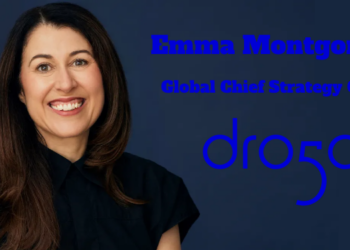News Corp CEO Robert Thomson has accused Google of “piracy, zealotry and kleptocracy”, labelled LinkedIn a “pretender” and described the redistribution of content created by journalists as “unnatural”.
Speaking at the Lowy Institute Media Awards last night, Thomson, who is in Sydney for News Corp’s board meeting, warned that without the proper recognition, and without proper remuneration, well-resourced reporting “will be ever more challenged”.
“For the distributionists do indeed have powerful distribution channels, Google and Facebook, and pretenders like LinkedIn, which is spam central. None of them actually create content, and they certainly have little intention of paying for it, but they do redistribute the content created by others – they would argue that such redistribution is a natural extension of their role as social networks. I would argue that much of the redistribution is an unnatural act,” Thomson said.
He continued by saying while media companies are “struggling to profit from their news and other content” the distributionists, such as Google and Facebook, “are helping themselves to that content, co-opting and corralling audiences and consciously devaluing brands”.
“The supposed idealism of these companies is in stark contrast to their actual behaviour,” he said.
“That Google’s newly conceived parent company is to be called Alphabet has itself created a range of delicious permutations: A is for Avarice, B is for Bowdlerize, through to K for Kleptocracy, P for Piracy and Z for Zealotry.”
Thomson said the likes of Google “are contemptuous of copyright”.
“The words Intellectual Property don’t appear in the Google alphabet. Without proper recognition, without proper remuneration, well-resourced reporting will be ever more challenged,” he said.
Partially blaming mismanagement and journalistic hubris, Thomson said “the digital age has been hostile to investment in reporters and reporting”.
“Why pay professionals when you have UGC, user-generated content? And why pay when you can purloin?” he said.
“Interestingly these companies are moving on, as we have seen, but their new-found fondness for premium content still comes with an aversion to paying for it.”
Thomson said the distributors are entering a “new phase” and appointing editors to curate content.
“And these curators tend to have a certain mindset, a deep fondness for political correctness, and a tendency to be intolerant of ideological infractions,” he said.

















